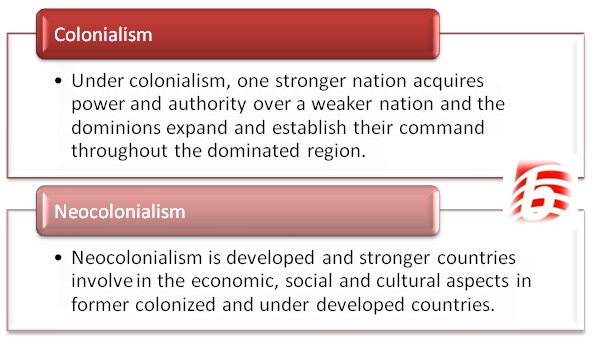

As a historian of the Republic of Turkey, I was first exposed to the term almost 20 years ago as a graduate student. The concept of the deep state has been a subject of interest for me for some time now. When asked if they believed there was “a group of unelected government and military officials who secretly manipulate or direct national policy,” almost three-quarters of respondents agreed such a “deep state” existed. According to a Monmouth poll from the spring of 2018, a total of 37 percent of respondents had heard of a thing called the deep state. News analysis of the phenomenon has done much to shed light on how the worldview of right-wing activists such as Steve Bannon and Alex Jones helped introduce administration allies to the concept of the “deep state.” Though the term has been cause for much circumspection within political media, it is now clear that the notion of the deep state has assumed some importance for the American public. Over the following months the president and supporters of his administration publicly embellished upon the deep state’s meaning and significance, making it into a catchphrase for perceived internal adversaries within Washington. It was in early February 2017, just weeks after the inauguration of President Donald Trump, that news reports first mentioned the term’s increased use within the president’s inner circle.


Almost two years have passed since the “deep state” became a part of the American lexicon.


 0 kommentar(er)
0 kommentar(er)
